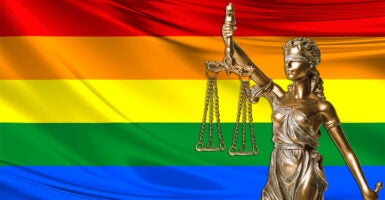In the midst of the infamous “Pride Month,” with rainbow flags seemingly in every store window and on every company logo, we got an inside look at how two federal agencies celebrate Pride Month—especially their inclusion of the criminals they supervise by providing them resource guides for LGBTQ-friendly housing, employment, mental health groups, and more.
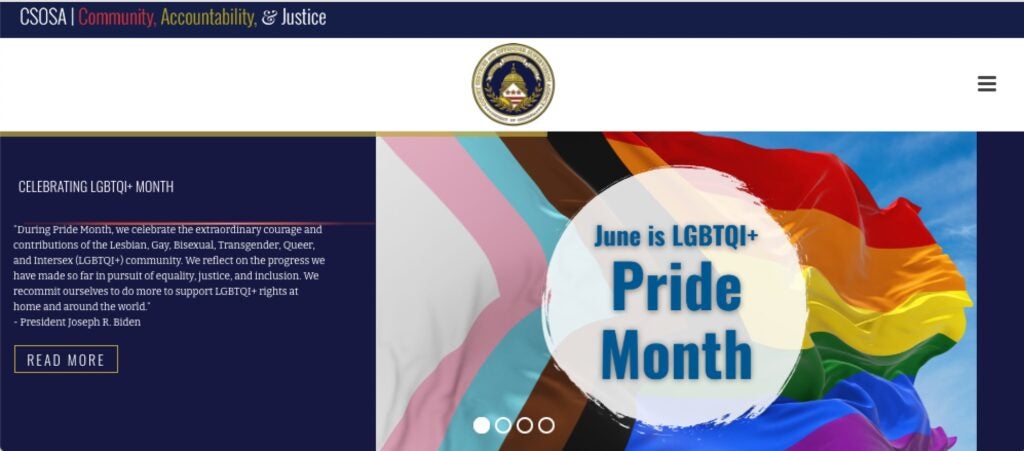
The Court Services and Offender Supervision Agency is the probation and parole system for convicted criminals in the District of Columbia. Currently on its homepage, the agency has a banner celebrating June as “LGBTQI+ Pride Month.”
The Heritage Foundation’s Oversight Project, through emails recently obtained by a Freedom of Information Act request, got some insight as to how the agency celebrates Pride Month, or at least how it has in the past.
In an email thread from June 1, 2022, Gzneé Jones, the agency’s community supervision officer and Special Observance Committee program manager, declared, “Good Morning CSOSA and PSA its June Pride Month 2022!!”
PSA is the acronym for the Pretrial Services Agency. It is an independent federal agency within the Court Services and Offender Supervision Agency that provides supervision and services to defendants awaiting trial.
Jones wrote:
This June, our Agencies will embark on the SECOND year recognition and observance of Lesbian, Gay, Bisexual, and Transgender Pride Month. The Special Observance Committee is excited to bring educational and fun facts to our agencies on the observance of Pride Month. All month long we will bring you Videos, Weekly Themes, Educational information, Reading Materials, and of course the infamous “Riddle Me This” game.
“This is our Agencies’ Second year commemorating Pride Month, but as you know this will not be our last!” Jones emphasized.
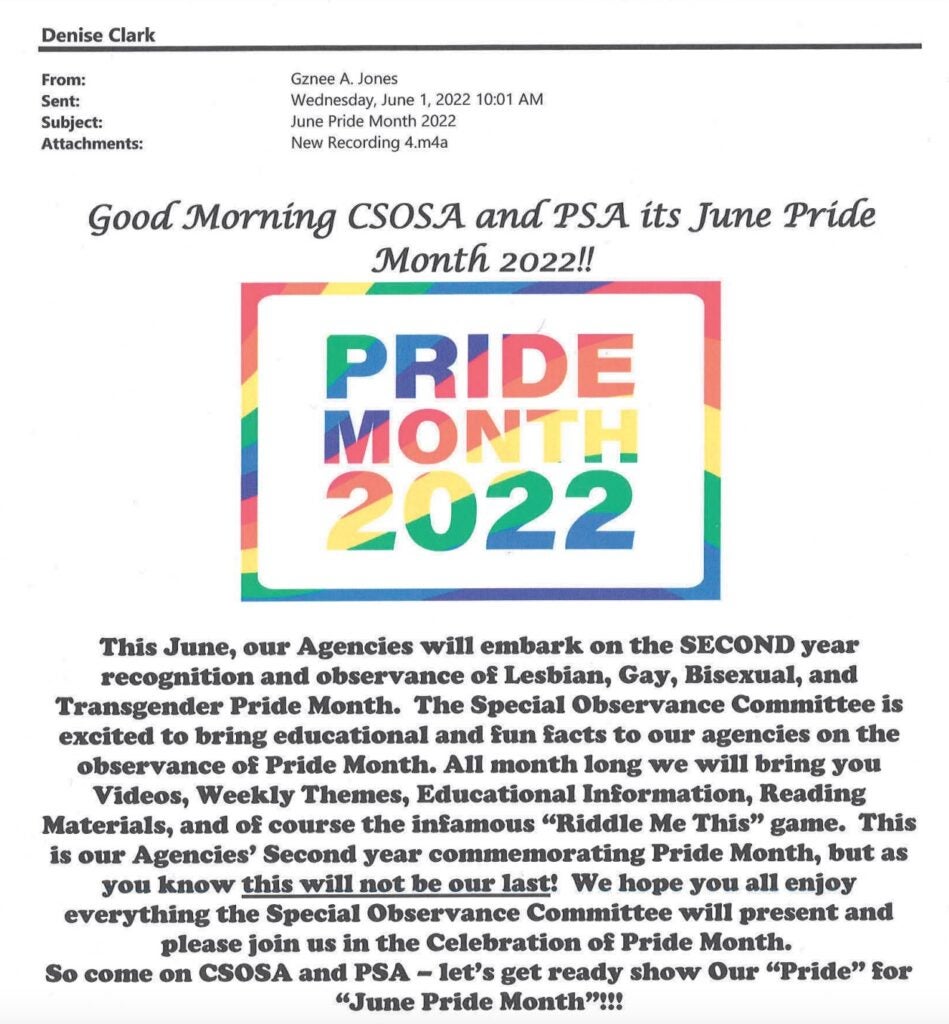
Jones also encouraged employees to view a recording of the agency’s equal employment opportunity director, Denise Clark, reading President Joe Biden’s Proclamation on Lesbian, Gay, Bisexual, Transgender, Queer, and Intersex Pride Month.
In another email sent on June 21, Jones wrote, “This week is ‘Pride Resource Week for the Offenders’!”
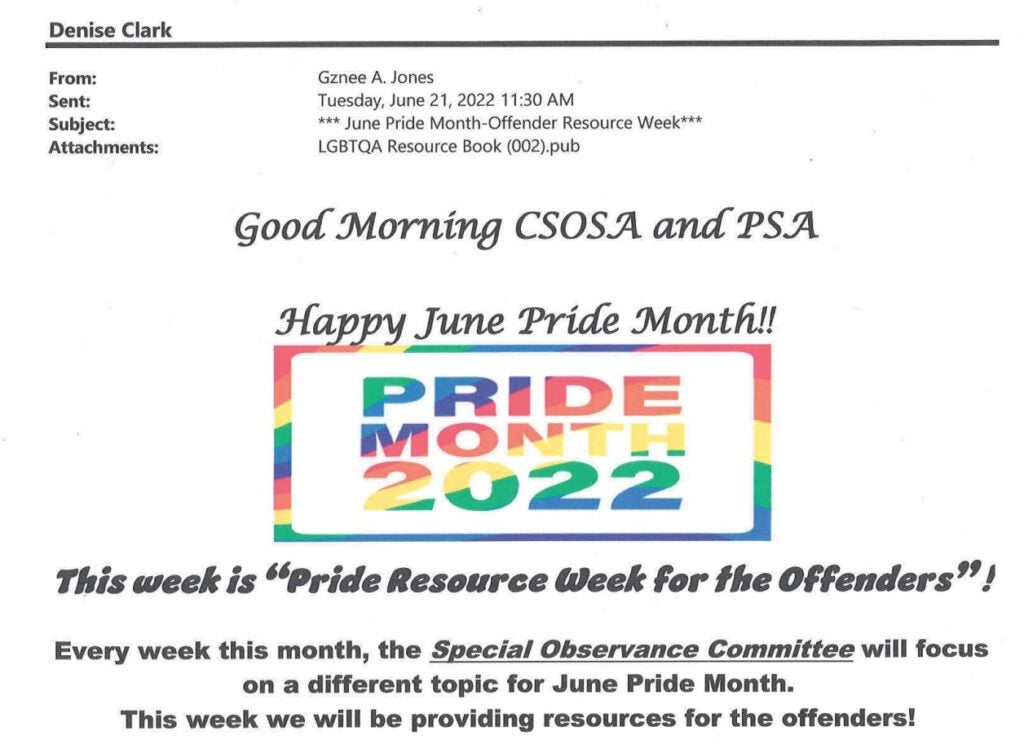
The email continues:
Every week this month, the Special Observance Committee will focus on a different topic for June Pride Month. This week we will be providing resources for the offenders! Please see the attached Pride LGBTQA+ Resource Book and print it out so you can have a list of LGBTQA+ resources in the community for offenders to better assist them. Also, if you have more resources that were not listed in this book, please email CSO Jennifer Burwell so she can update the resource book.
The attached resource book contained information for LGBTQ-friendly housing, employment, resident resources, mental health groups and hotlines, hospitals, and food banks.
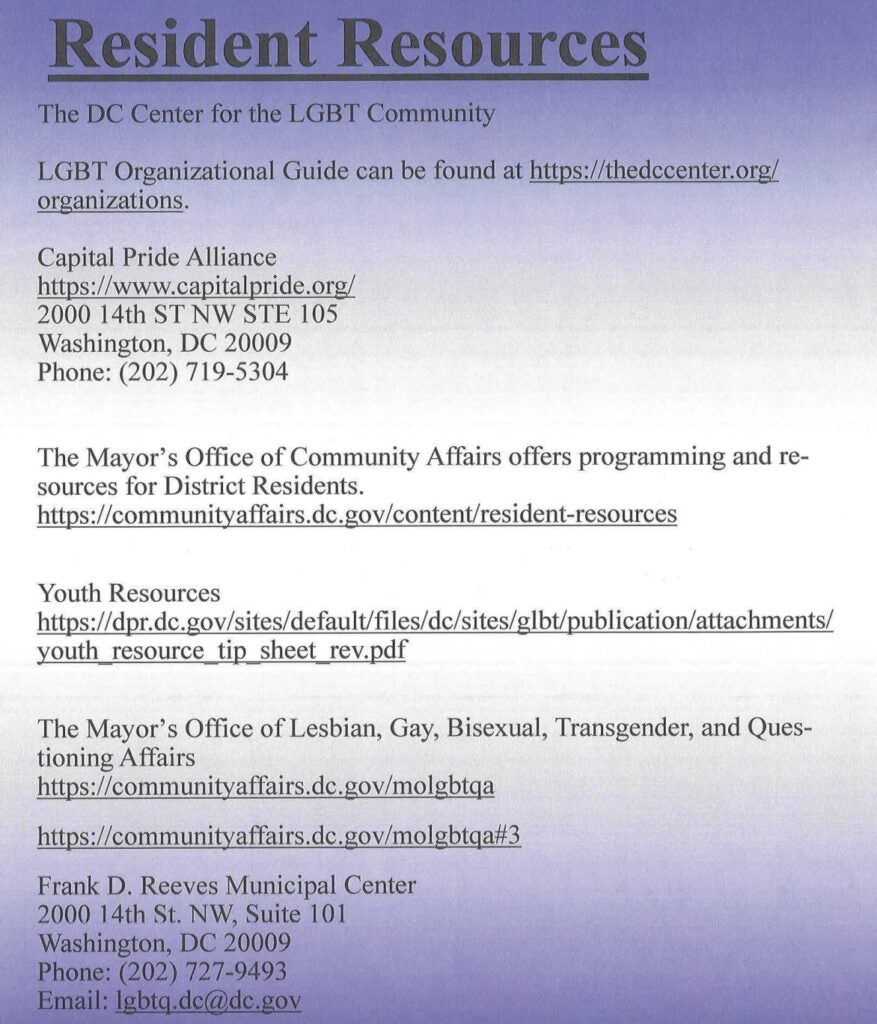
In an earlier email, Jones wrote, “This week is ‘Lesbian, Gay, Bisexual, Transgender, Queer, and Intersex (LGBTI+) Pronoun’ Week! Every week this month, the Special Observance Committee will focus on a different topic for June Pride Month. This week we will be providing information about the importance of using LGBTQI+ Preferred Gender Pronouns!”
The email includes links to two videos that discuss calling people by their preferred pronouns that have since been removed from YouTube.
It also includes a link to the National Institute of Corrections’ glossary of terms from its “Lesbian, Gay, Bisexual, Transgender, and Intersex Initiative.”
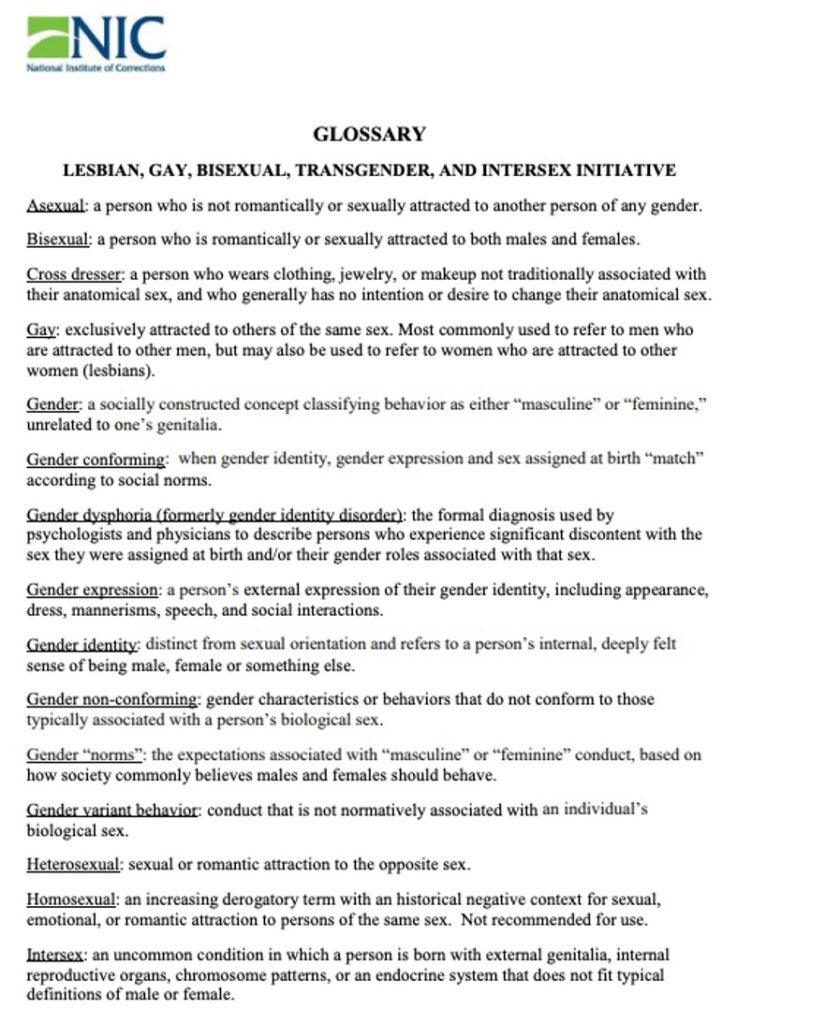
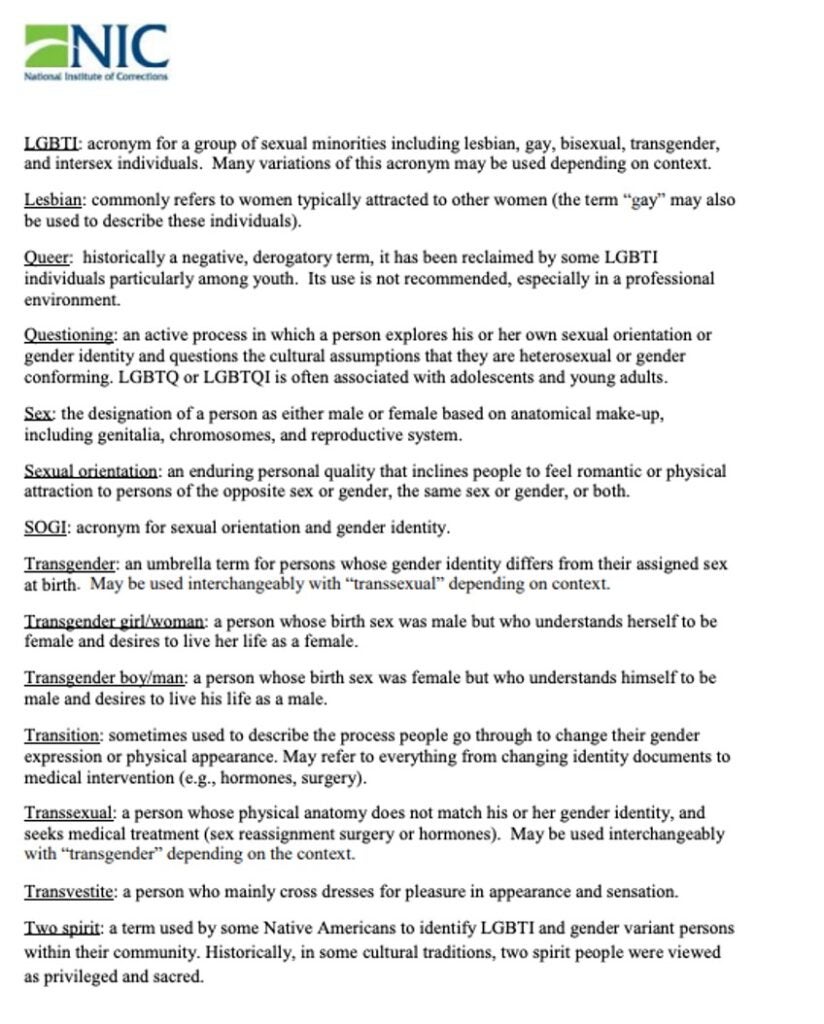
For further reading, Jones suggests the booklet “A Quick & Easy Guide to They/Them Pronouns.”
The publisher’s description of the booklet states: “Archie, a snarky genderqueer artist, is tired of people not understanding gender neutral pronouns. Tristan, a cisgender dude, is looking for an easy way to introduce gender neutral pronouns to his increasingly diverse workplace.”
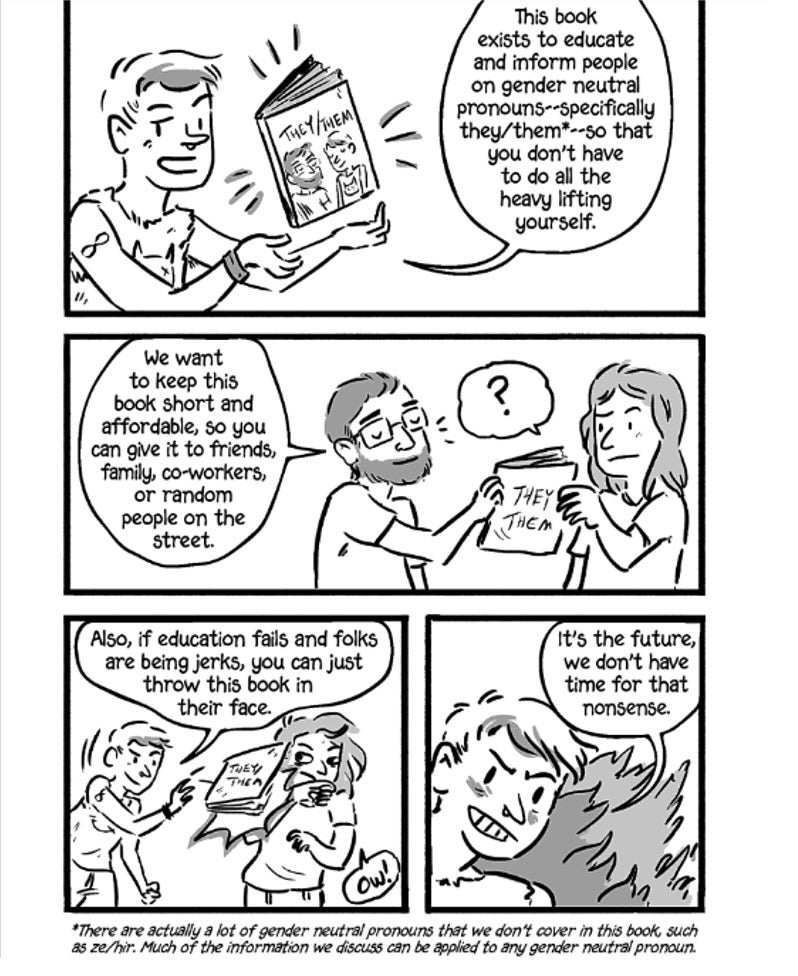
In another email that month, the agency’s equal employment opportunity specialist, Kristena Jenkins invites employees to a presentation by Laya Monarez, a “transgender bisexual Latinx artist, musician, and transgender rights activist.”
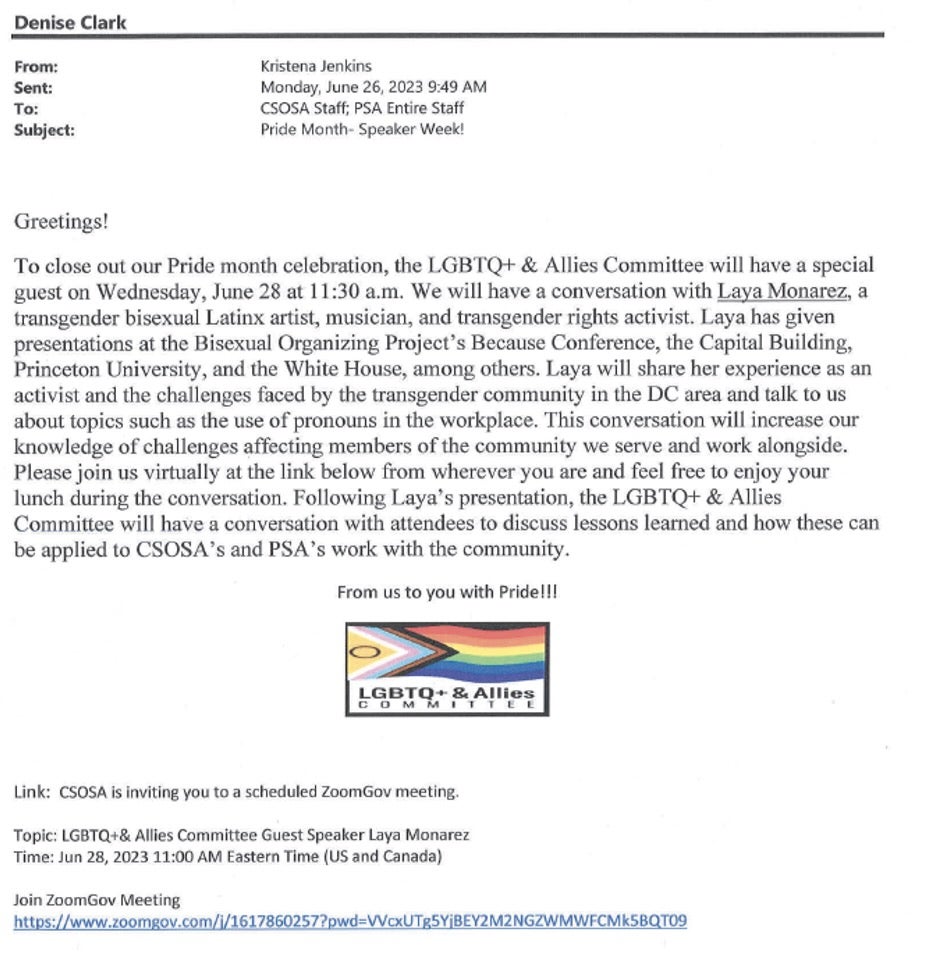
A quick Google search reveals that Monarez was formerly a prostitute before joining the radical LGBTQ group Human Rights Campaign as an operations coordinator.
During her time with the Human Rights Campaign, Monarez advocated for the decriminalization of “sex work” in the District of Columbia.
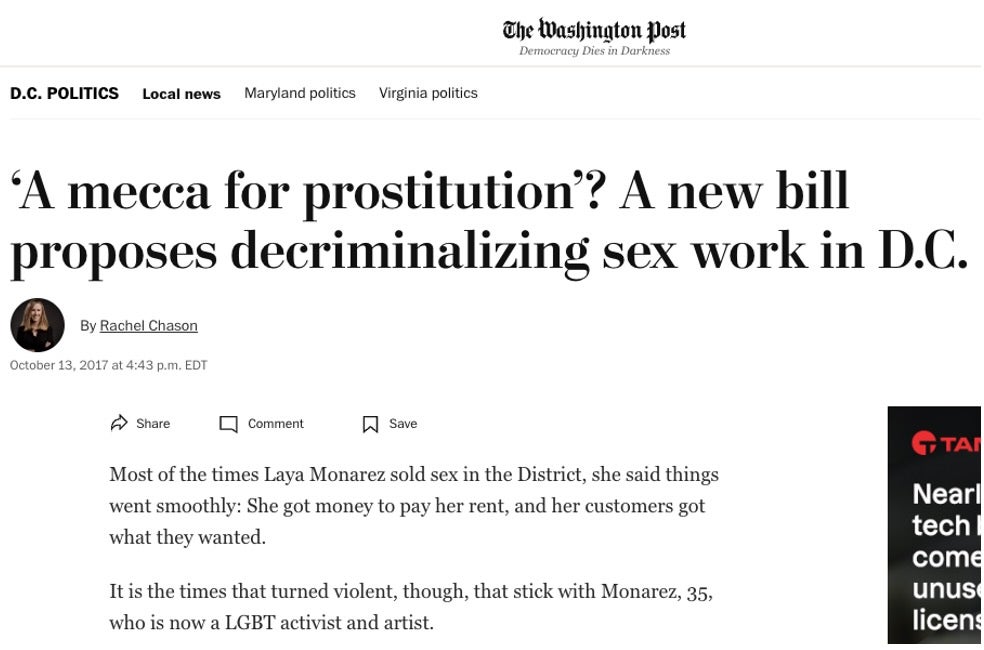
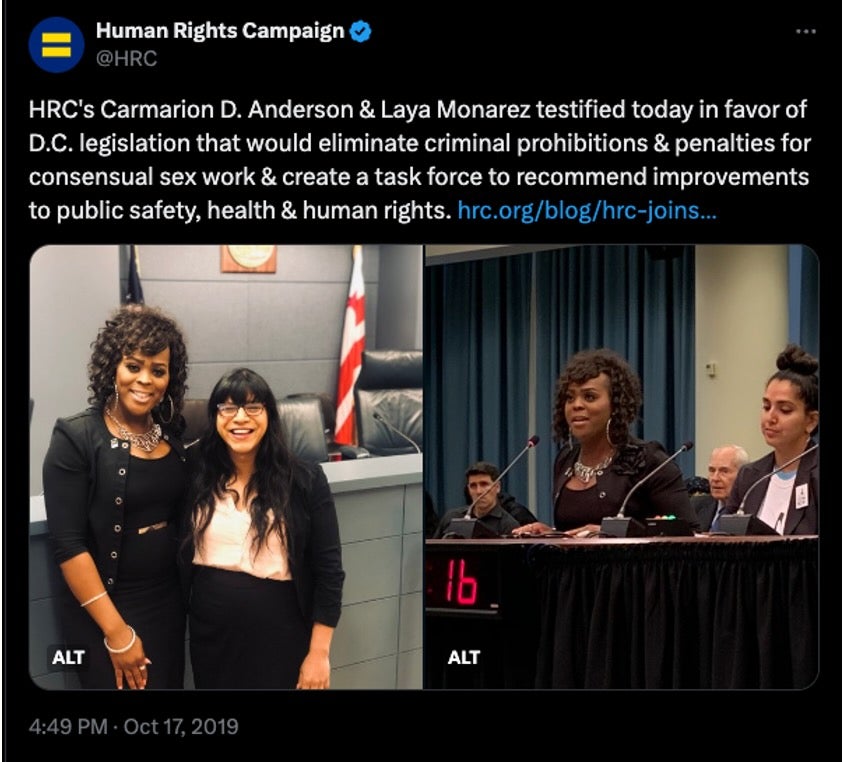
This is who the Court Services and Offender Supervision Agency is uplifting as a champion of human rights and a model for its employees.
Maybe if the agency prioritized safety over radical LGBTQ ideologies, the streets of Washington would be safer.































